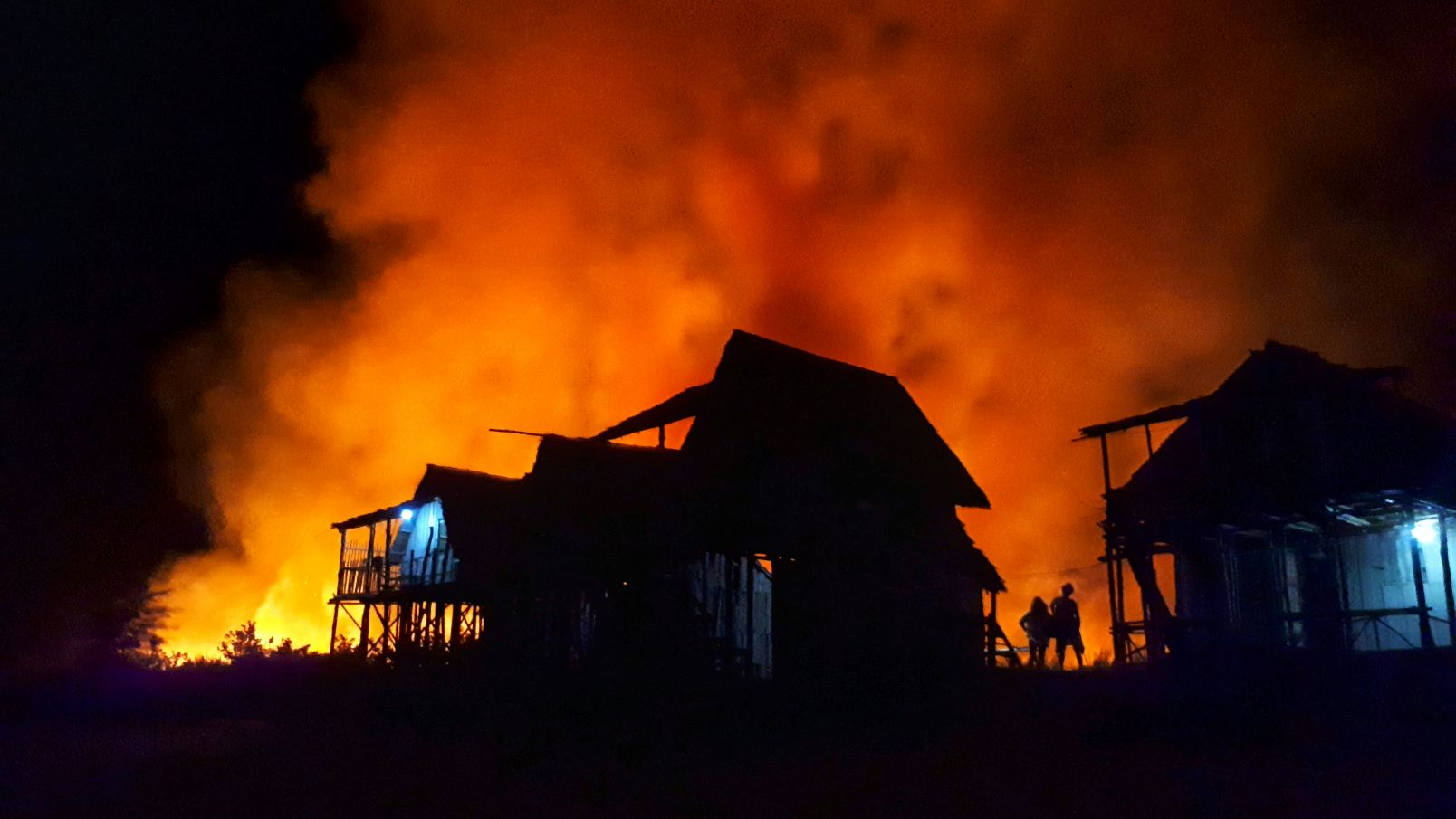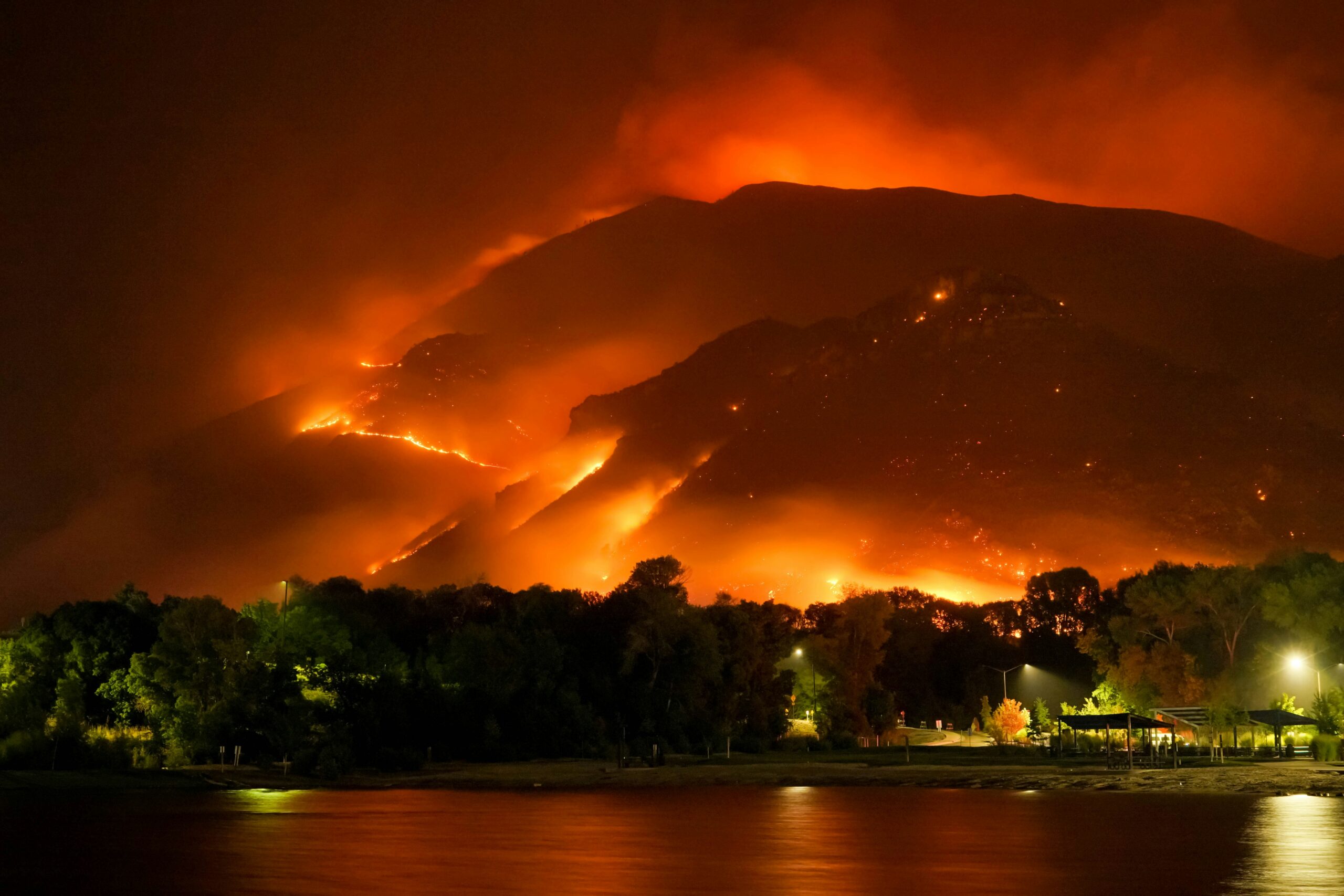The Future of Construction in a Warming World




By: Evelyn Long
Climate change is an inconvenient yet inescapable truth everyone must face. Some effects of global warming are irreversible for hundreds or thousands of years, so whatever the future holds will be the norm for a long time.
The construction industry is particularly vulnerable to worsening climate change. Unfortunately, developers and builders will bear the brunt of the long-term environmental ramifications of sustained greenhouse gas emissions.
How will construction work play out in a future with a warmer world? Are there ways to prepare?
While nobody has a crystal ball, the future impacts are imaginable if the scientists are right.
What Are the Effects on Building Design?
Climate change may bring various dire environmental events, including rising sea levels, menacing hurricanes, frequent wildfires and brutal blizzards. Structures must become resilient against the worst nature could throw to keep occupants safe and comfortable and valuables intact.
The path to achieving building resilience will vary by location. In places where severe droughts are a concern, architects and engineers may have to concentrate on rainwater harvesting and water usage efficiency. Using more green space and less masonry may offer an antidote to people in cities prone to oppressive heat waves.
Elevating properties from the ground can yield positive results in regions susceptible to coastal flooding. Installing insulated triple-pane windows may become the norm in states where summers are scorching and winters are frigid.
Adopting multi-slope roof designs may help residences stay in one piece in areas where forceful winds are a regular threat.
What Are the Effects on Project Timeliness?
Weather Predictability
Uninterrupted construction work hinges on the weather’s cooperation. Heavy downpours, nonstop snow storms, and unrelenting mugginess can force workers to drop their tools and run for cover.
Climate change will throw a monkey wrench into weather forecasting, too. Meteorologists can only see ten days into the future presently. The window for accurately forecasting precipitation in the middle latitudes may shrink by a day if the climate warms to 5.4 degrees Fahrenheit.
If the weather becomes more unpredictable due to climate change, project managers must be more resourceful in managing construction timelines and preparing work schedules.
Material Sourcing
Extreme environmental events can damage forests and quarries and compromise recycling yards and manufacturing plants, affecting material availability. Fewer sources of construction supplies can drive up the prices of goods and halt the progress of construction work.
Unpredictable weather can prolong lead times. Climate change can also pose logistical problems, disrupting ports and endangering truckers.
Energy Demand
Extremely high and low temperatures directly influence cooling and heating loads. Erratic weather patterns can cause energy usage shifts.
Global warming also can jeopardize renewable energy production in various ways. The ever-changing climate can lessen the sunlight solar farms can catch and modify air density and wind speed patterns turbines use to generate electricity. Biomass crop yields can diminish, and hydropower may become less productive due to reduced streamflow.
Construction companies may rely more on electricity in the future, making them more vulnerable to power grid overload. Developers may have to invest in quality generators and take load testing more seriously to ensure a more reliable backup power supply and mitigate the effects of outages.
What Are the Effects on Worker Safety?
Construction work is back-breaking in the present climate. It may be more burdensome when weather conditions become more turbulent due to global warming.
The effects of climate change will increase the need for improved personal protective equipment (PPE). Better gear is no silver bullet, but it can shield workers and helpers from weather-related workplace hazards.
More dangers may compel developers to spend more on hazard pay to attract and retain talent. Additional compensation may negatively impact the bottom line.
How to Prepare for the Future
Acknowledging the real threats climate change poses to the construction industry is the first step toward preparing for a warmer future.
Embracing green building practices and decarbonizing processes, like swapping diesel-powered machines for electric ones, are critical moves to help keep global warming from worsening.
Patronizing local suppliers and procuring fewer imports can cushion the impact of global supply chain disruptions. Putting a premium on employee training and cutting-edge PPE to effectively manage hazards.
To become resilient in a warming world, the construction industry can focus on global warming’s possible effects on building design, project timeliness, and worker safety as early as now.
______________________________________________________________
Author:
Evelyn Long is a writer and editor focused on construction and sustainability. Her work can be found on Renovated, a web resource for better building and design.
Recent Posts
Mobilizing Resilient Design and Construction
Implementing a multifaceted strategy can motivate state and local governments to prioritize resilient design and…
Insurance Pricing: Navigating a New Era of Risk
The growing frequency and severity of climate-related disasters present a significant challenge for the insurance…
Designing for Resilience … It’s A Must
We see far too often structures built to current code that lack planning and design…
What are the Real Benefits of Designing for Resilience
While designing for resilience requires initial investments, the long-term payoffs often far outweigh these costs.…
Reducing Disaster Risks and Protecting Insurability in the Pacific Northwest
Proactive measures to enhance resilience and preparedness are critical to mitigating insurability risks. This will…
How to Achieve More Resilient Building Codes
More comprehensive disaster prevention perspectives are needed to enable communities better to withstand the increased…


